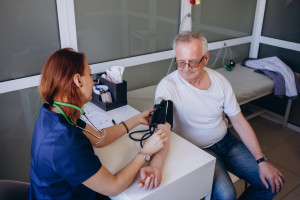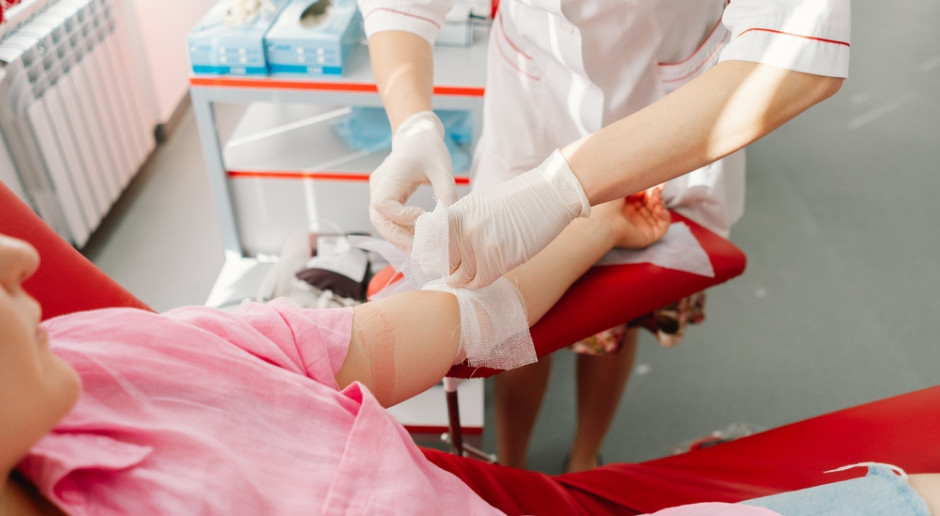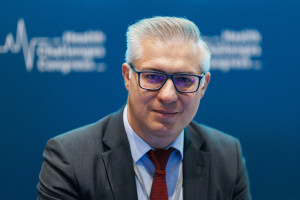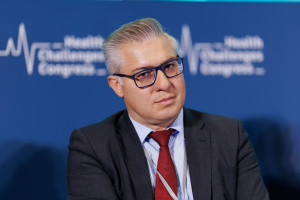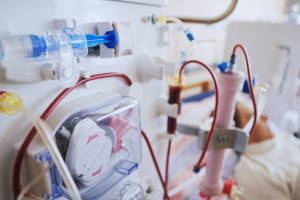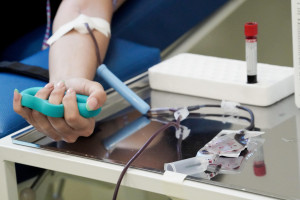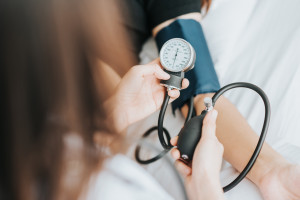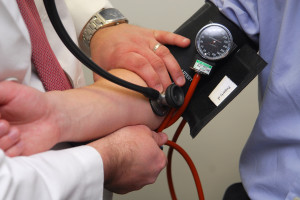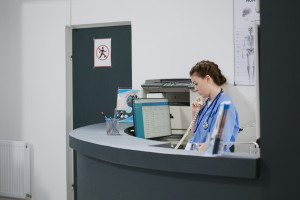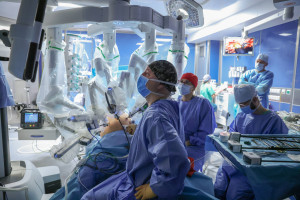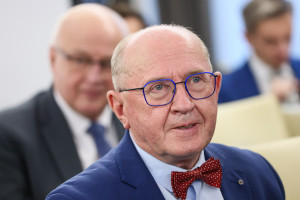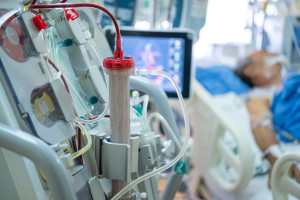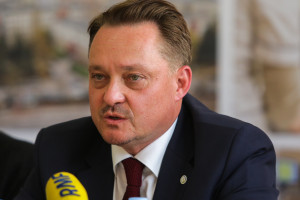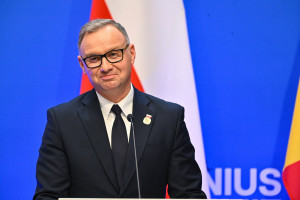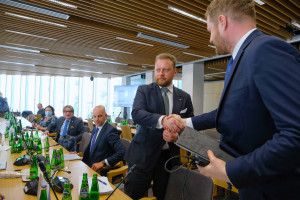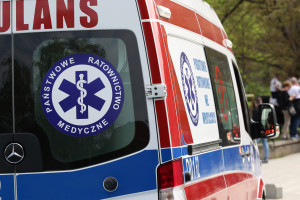Is Polish healthcare ready in the event of war?

- Polish intelligence data indicates a real risk of a Russian attack on additional countries in 2027.
- Deputy Minister of National Defense Cezary Tomczyk assures that Poland is prepared for a possible attack from Russia
- Is the Polish healthcare system prepared for this? Public debate increasingly emphasizes that health is a priority component of state sovereignty and a key element of society's resilience to crises and armed conflicts.
- Experts point out, among other things, that military hospitals should be integrated with the civilian healthcare system; first aid training for citizens would be essential to truly strengthen the state's resilience. A modern civil defense system is also needed.
- The Ministry of Health has appointed a representative to cooperate with clinics subordinate to the Ministry of National Defense
- We analyze security needs, including health, in the WIM, Rynek Zdrowia, and WNP ECONOMIC TRENDS report "Safe in times of crisis. How to ensure the health of citizens and soldiers when the world is unstable?"
In a Friday interview on Radio Zet, Deputy Minister of National Defense Cezary Tomczyk assured that Poland is prepared for a possible attack from Russia. He emphasized that Polish intelligence services and NATO are openly analyzing possible scenarios for a global conflict.
- NATO generals, but also we, are talking about these scenarios precisely to let Russia and China know that we know their potential plans and that we will show it step by step - precisely to prevent these scenarios from happening - he said.
A key element of strengthening security is significant defense spending. Poland plans to allocate approximately 5 percent of its gross domestic product to this purpose next year, which, as Tomczyk points out, represents "a quarter of the state's overall spending." This funding includes powerful state mechanisms, such as the construction of the East Shield and the Polish Armed Forces modernization and transformation program, as well as reservist training.
The deputy minister pointed to revolutionary legislative changes that are expected to drastically accelerate strategic military investments. He recalled that the act on key and strategic investments has already been submitted to the president's office. The introduction of new technologies is also a significant area. Tomczyk announced a "revolutionary program for drone-based battlefield deployment."
The Polish Army is also being strengthened through the implementation of artificial intelligence. The deputy minister also proudly announced the increase in military personnel. "Today, we have surpassed the threshold of 210,000 soldiers. We have the largest land army in Europe after Turkey, and we are at a point where Poland has never been in terms of military strength," he assured. Poland also plays a key role as the logistical support base for the NATO operation to aid Ukraine and is a strategic country bordering Russia, Belarus, and Ukraine.
Tomczyk also addressed the problem of Russian disinformation. He also touched on the issue of civilian preparedness. He announced that material with instructions for citizens in the event of a military threat is ready and will be distributed to all citizens "within a few months, and within a few weeks it will be posted on websites."
He also assessed that there is no reason to introduce compulsory military service, because voluntary service and programs such as "holidays with the army" effectively carry out the training mission.
However, he did not address the issue of health protection - meanwhile, on July 23, the then Minister of Health, Izabela Leszczyna, issued an order appointing the Plenipotentiary of the Minister of Health for cooperation with medical entities supervised by the Minister of National Defence.
Prof. Jerzy Sieńko from the Pomeranian Medical University in Szczecin, national consultant in the field of general surgery, was appointed to the position of Plenipotentiary.
Health as an element of national securityWe analyze security needs in the report by WIM, Rynek Zdrowia, and WNP ECONOMIC TRENDS , "Safe in Crisis: How to Ensure the Health of Citizens and Soldiers When the World is Unstable?". We also discussed preparing the system for potential conflict during this year's European Economic Congress. Experts then highlighted the urgent need to build a healthcare system that will function effectively not only in stable conditions, but especially in times of unpredictable crises – from pandemics to warfare. Similar conclusions are contained in the aforementioned report.
Experts agree that one of the most serious challenges in this context is the noticeable deficit in medicine sovereignty. Poland is only able to meet one-third of the domestic demand for essential medicines, making it highly dependent on imports of active pharmaceutical ingredients (APIs) and the global political and logistical situation. The experience of the COVID-19 pandemic, which led to the collapse of supply chains, has clearly demonstrated that the availability of pharmaceuticals is not a given.
Health security requires continuous cooperation – between individual ministries, the public and private sectors, as well as civilian and military components. General Professor Grzegorz Gielerak emphasizes that every country defends itself with all available resources, not just tanks, which means defining priorities such as medicines, food, and energy to make responsible investment decisions.
Human skills also play a crucial role. Prof. Bartłomiej Guzik notes that medical evacuation times can reach 72 hours, so widespread first aid training for soldiers, as well as civilians, officials, and teachers, significantly increases security and reduces the burden on the system. Integrating military hospitals with the civilian healthcare system is a foundation for resilience, demonstrating that the military operates not only on the front lines but also in the rear, close to the public.
It's important to understand that health care during wartime isn't limited solely to hospitals and ambulances: armed conflicts can lead to the breakdown of entire systems, leading to increased drug resistance and interruptions in treatment. Therefore, it's recommended to treat health as a pillar of national security and incorporate it into defense, industrial, infrastructure, and educational policies.
It is essential to create and fund a modern civil defense service, with adequate equipment, staffing, and an emergency response plan. Hospitals must also be equipped with crisis management systems, including threat detection systems, shelters, strategic stockpiles, and rapid mobilization procedures.
Copyrighted material - reprint rules are specified in the regulations .








